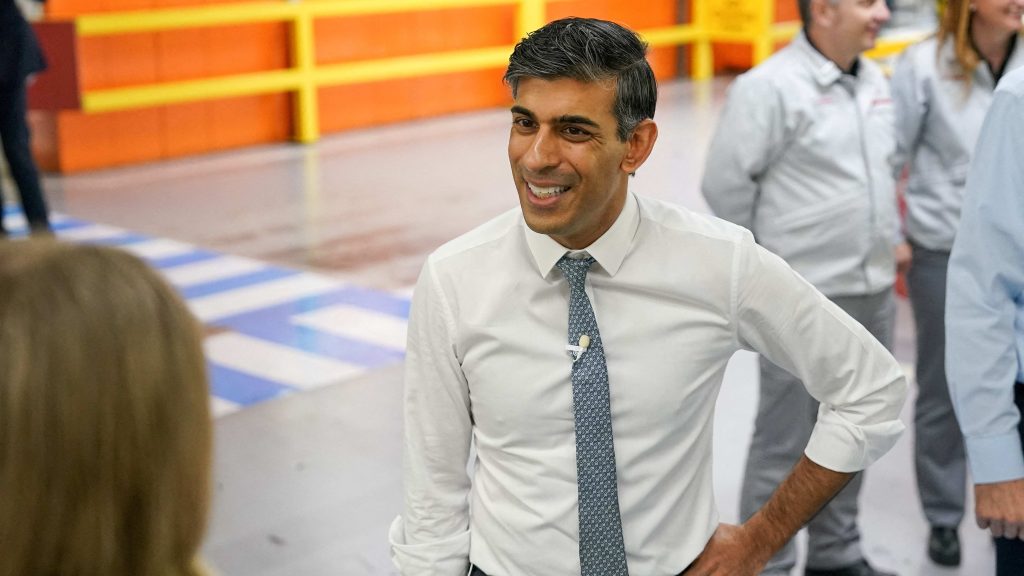
Prime minister Rishi Sunak announced 29.5 billion pounds ($36.8 billion) of private-sector investments in Britain, before hosting global executives in his bid to restore the country as Europe’s top foreign direct investment (FDI) destination.
After the government last week offered permanent tax breaks for businesses to modernise their plant and machinery, Sunak is hoping that his wooing of foreign investors will help to speed up Britain’s moribund economy.
Australian funds IFM Investors and Aware Super will pump 10 billion pounds and 5 billion pounds, respectively, into projects ranging from infrastructure and energy transition to affordable housing, Sunak’s Downing Street office said in a statement.
Spanish power giant Iberdrola will add 7 billion pounds to its investment plans in Britain, which include transmission and distribution electricity networks, it said.
Other projects listed in the statement include a 2.5 billion-pound investment in artificial intelligence infrastructure by Microsoft.
“Attracting global investment is at the heart of my plan for growing the economy,” Sunak said in the statement published ahead of his investment “summit” on Monday at the 16th-century Hampton Court palace in London.
Britain, like many other countries, is seeking private sector investment to help overhaul its economy for the net-zero era and to build the kind of infrastructure that its stretched public finances cannot fund on their own.
But several major investors have said the political and regulatory uncertainty triggered by the 2016 Brexit referendum vote has diminished Britain’s appeal in recent years while other countries have made themselves more attractive for FDI.
France has overtaken Britain as the European country with the highest number of new FDI projects. President Emmanuel Macron announced 13 billion euros ($14.18 billion)of investment commitments in France at a similar FDI gathering in May.
Sunak said new funding for industries such as clean energy, life sciences and advanced technology would create high-quality jobs across Britain.
Top financiers Stephen Schwarzman from Blackstone, David Solomon from Goldman Sachs, Jamie Dimon from JP Morgan Chase and Aviva’s Amanda Blanc were due to attend Monday’s event.
Britain’s government acknowledges that it needs to do more to compete as laid out by a review launched after the country missed out on some high-profile investments.
LAGGING UK
Britain now lags France and Germany in perceived attractiveness for FDI, according to accountancy firm EY.
But it has had some recent successes including an announcement on Friday that Nissan about electric cars it will build in northeast England.
“Despite a lot of nay-saying, people actually want to invest in the UK,” business minister Kemi Badenoch told LBC radio.
“They’re quite confident that this is a place where they can put their money and they will make good investments while helping us to grow our economy and deliver those jobs and wages that the people of the UK demand.”
Britain plans to set up a concierge service to help potential investors deal with the government.
“When a company comes to the UK government, it doesn’t want to have to deal with five different departments. It wants to deal with one person,” investment minister Dominic Johnson told Reuters ahead of Monday’s event at Hampton Court.
It would allow ministers to have “very strong, frank discussions with the international investment community about how we can make the environment more investable,” he said.
The 10 billion-pound investment plans for the UK of IFM represented an increase from an original announcement, made last year, of 3 billion pounds while all the other projects announced by the government were new, a government official said.
King Charles was due to host a reception for attendees of Monday’s gathering at Buckingham Palace on Monday evening.
(Writing by William Schomberg and Alistair Smout, Editing by Louise Heavens)